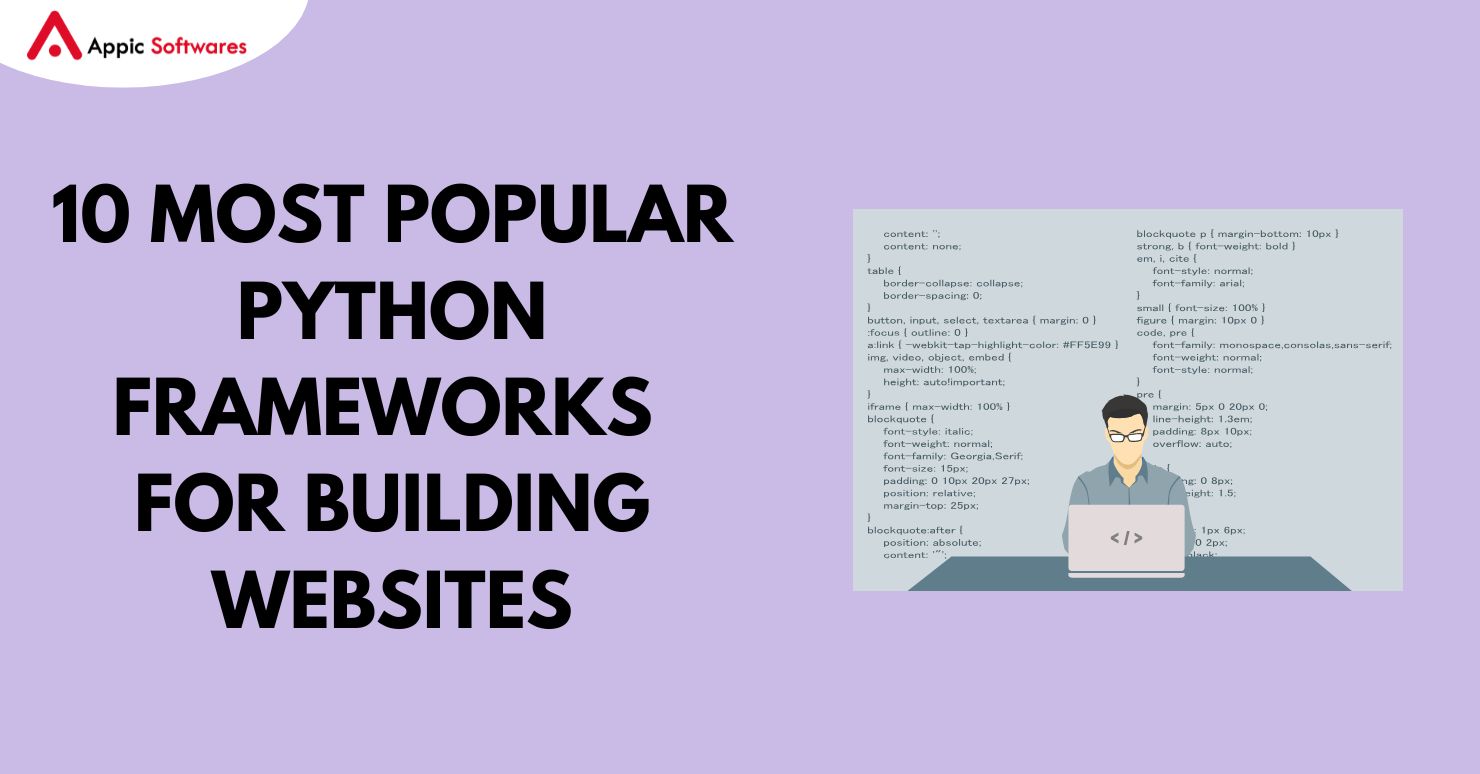
Real estate has not been affected much by technological advancement as a sector, but this is beginning to change as automation becomes a need rather than a luxury. Now consider this amount: $86.5 billion. By 2032, the proptech industry is expected to have expanded to this market cap.
It equals the net worth of Bill Gates in 2016. What took Gates a lifetime to achieve will be purchased by tech corporations in a year. Quite remarkable, isn’t that right?
A proptech company: what is it? Prop tech businesses are situated at the nexus of software development and the real estate sector. The top proptech firms understand the challenges faced by the real estate industry, evaluate them, and offer precisely customized solutions that improve a product’s functioning or design.
Now let’s look at the list of the most valuable proptech companies that have the most effective solutions, as well as the top startups that have tactics that may be used by new proptech companies to grow quickly and add value to their businesses.
Top 8 Custom Proptech Solution Companies in the US
Our post begins with a list of specialized proptech solution developers who have been in the business long enough to understand all the aches and bruises that contemporary real estate players face.
Why do we start our investigation using custom software? Because larger real estate organizations with complex workflows and several units to handle will never be able to accommodate the ups and downs of a ready-made solution, If so, have a look at the top proptech businesses that specialize in developing custom proptech software down below.
Appic Softwares(5/5⭐)
Appic Softwares is a leading Proptech software development company that has previously helped several clients across the globe develop Proptech software. One of the software programs we developed is RoccaBox, a real estate app we created for a client in France.
Here is why you should choose Appic Softwares for Proptech software development:
- Proven work experience in proptech development
- Experienced team of developers that can use various technologies and languages to help you build your software.
- You can hire dedicated developers from us @$15/Hour and let them manage your development.
View Proptech Software Development Page Contact Us
Ascendix(4.9/5⭐)
Service type: Developing custom software for commercial real estate
Established: 1996
Established in 1996 in Texas by Wes Snow and Todd Terry, Ascendix has expanded from a small consulting firm to a worldwide supplier of customized software solutions for the real estate industry and a Salesforce Ridge Partner.
Ascendix professionals’ primary area of expertise is optimizing processes and automating duties for brokers, venture capital investors, and property managers and owners using custom-built solutions such as document management and reporting systems, customer relationship management (CRM) tools, and many more.
Ascendix has amassed a diverse range of abilities over nearly two decades, working as a proptech software developer and authoring 17 digital products that are used by thousands of people worldwide, including some of the biggest real estate firms in the world, like Colliers and JLL.
Because of its dual expertise, Ascendix is a great choice for both established real estate firms and startups looking to become product developers for proptech.
Iflexion(4.9/5⭐)
Service Type: Flexible Custom Software Development
Established: 1999
Iflexion, one of the biggest real estate IT firms, has its headquarters in Texas and provides a wealth of experience to participants in building and construction, real estate, and other industries.
Iflexion has partners and customers in more than 30 countries, including well-known brands like PayPal, Adidas, Phillips, and Toyota.
The 850+ tech-savvy employees of the organization are capable of creating a mobile platform, personalizing Salesforce, and redesigning and rearranging the digital solutions that are now a part of the stack.
Fingent(4.9/5⭐)
Service Type: Flexible custom software development with an emphasis on AI, AR, and IoT
Established: 2003
Having established its presence in New York, Fingent has amassed extensive expertise in Microsoft, open source, mobile, SAP, and Odoo technologies.
Fingent distinguishes itself from other proptech companies operating in the United States by prioritizing artificial intelligence, robotic process automation, augmented and virtual reality, and the Internet of Things.
Fingent has developed an excellent array of products, including an IoT-based “self-showing” app enabling keyless property entry and customized property management software.
Sciencesoft(4.8/5⭐)
Type of Service: Development of custom software and IT consultancy
Established: 1989
Sciencesoft was initially founded with an emphasis on artificial intelligence (AI), but in 2002 it shifted its focus to IT consulting and custom software development. Similar to Fingent, Sciencesoft integrates AI, VR/AR, big data, and IoT into the core of its business processes.
Tailored underwriting, financing, and insurance solutions are advantageous for real estate businesses. Furthermore, Sciencesoft offers platform customization (Microsoft, Salesforce, Azure, etc.) for businesses.
Intellectsoft(4.9/5⭐)
Type of Service: Development of custom software and IT consultancy
Established: 2007
Rather than overstretching itself over the entire stack of technologies, one of the biggest proptech businesses focuses on certain areas of expertise like blockchain, IoT, and UI/UX design.
The company’s construction and insurance solutions can be advantageous to real estate. For example, enterprise resource planning (ERP) software, construction project management and inspection tools, analytics, and reporting are all included in the digital solutions for the construction industry.
Chetu(4.3/5⭐)
Service Type: Flexible Custom Software Development
Established: 2000
Chetu is a custom software development firm situated in the United States that specializes in a variety of industries, including banking, real estate, environmental management, healthcare, and wearable technology.
Among many other areas, the global team of 2800+ developers can offer comprehensive proptech solutions for asset monitoring, document management, business information and analytics, and facility management.
In addition to being a proptech company, Chetu is a Salesforce partner that offers consultation, implementation, and customization services.
Taazaa(5/5⭐)
Service Type: Flexible Custom Software Development
Established: 2007
Taazaa, an Ohio-based company, provides a wide range of services, including IU/UX design, data and product engineering, mobile and web development, and quality assurance.
Tenant management, CRMs, property management and space planning systems, construction management systems, and analytics platforms—all created specifically for Taazaa—are valuable tools for real estate firms.
How To Choose The Best Proptech Software Development Company?
Knowing a few pointers is usually helpful when selecting a Proptech software development business that can comprehend the required IT solution to satisfy the criteria when fusing technology and real estate. Here are some pointers to assist you in choosing wisely.
Security And Compliance
The traditional approaches to property management, which involved paperwork, have advanced significantly. The real estate industry is undergoing a period of significant transformation due to the entry of Proptech. As technology advances, the real estate industry is changing, and property owners and managers are starting to reap the benefits of best practices that boost productivity and effectiveness in property management. The security of private tenant and property information is crucial. Two of the most important components of Proptech solutions are data encryption and adherence to data protection regulations. Knowing that tenant information is kept private and that their systems are shielded from unwanted access may provide real estate managers peace of mind. Any breach of data protection regulations or noncompliance with them may have serious repercussions, including financial losses, reputational damage, and legal ramifications.
To lessen the effect of these attacks, Proptech companies should prioritize security and compliance testing techniques. This entails putting strong encryption methods into practice, updating software and systems regularly, conducting thorough security audits, and ensuring adherence to relevant data protection laws like the General Data Protection Regulation (GDPR) or (CCPA). These rules serve to build trust between businesses and their consumers in addition to protecting individuals’ privacy.
Integration Capabilities
When property managers discuss operational effectiveness, what they mean is streamlining tasks to save a substantial amount of time. You may use this time to build relationships with the property’s occupants. Property technology, sometimes known as prop-tech, is becoming an increasingly important component in the real estate market. This special fusion of technology and real estate tactics may help organizations and stakeholders in several ways.
The property technology, or Proptech, industry has advanced to the point where its integration has become increasingly important. The integration of Proptech is driving this transition, and it is a crucial component of this change. The rapid advancement of technology is revolutionizing traditional real estate operations. The integration of proptech in the real estate sector yields numerous benefits and adds substantial value to the sector. It is advantageous for many aspects of the real estate industry, including increased productivity, better client satisfaction, and the ability to make data-driven decisions. In addition, there has been an increase in openness, a decrease in costs, a reduction in risks, and the introduction of innovative solutions for businesses and real estate market participants.
Use Of AI And ML
Tech is a dynamic and ever-evolving field, and artificial intelligence (AI) has emerged as a game-changer in several industries, including real estate. This trend also applies to real estate. Artificial intelligence (AI)-based technologies are redefining how we interact with real estate. These solutions include building design, real estate investments, property management, space management, computerized virtual dealers, and connection with smart homes. Artificial intelligence (AI) uses machine learning and deep learning algorithms to do tasks that require the ability to understand from experience, comprehend complex ideas, identify trends, grasp the nuances of natural language, and form independent judgments. Building artificial intelligence requires larger and better data centers, electrical grids, and interconnected infrastructure.
As the industry develops, these upcoming solutions will prevail in the face of uncertainty, which will simplify matters for all parties concerned.
Artificial intelligence-based algorithms can be used to assess the risks related to ensuring particular properties, investment returns, and market conditions. These algorithms can analyze external variables, historical claims, and property data. Insurance companies can use this technology to streamline claims processing, provide clients with customized coverage options, and make more trustworthy underwriting decisions.
User Review And Rating
Tech is a dynamic and ever-evolving field, and artificial intelligence (AI) has emerged as a game-changer in several industries, including real estate. This trend also applies to real estate. Artificial intelligence (AI)-based technologies are redefining how we interact with real estate. These solutions include building design, real estate investments, property management, space management, computerized virtual dealers, and connection with smart homes. Artificial intelligence (AI) uses machine learning and deep learning algorithms to do tasks that require the ability to understand from experience, comprehend complex ideas, identify trends, grasp the nuances of natural language, and form independent judgments. Building artificial intelligence requires larger and better data centers, electrical grids, and interconnected infrastructure.
As the industry develops, these upcoming solutions will prevail in the face of uncertainty, which will simplify matters for all parties concerned.
Artificial intelligence-based algorithms can be used to assess the risks related to ensuring particular properties, investment returns, and market conditions. These algorithms can analyze external variables, historical claims, and property data. Insurance companies can use this technology to streamline claims processing, provide clients with customized coverage options, and make more trustworthy underwriting decisions.








